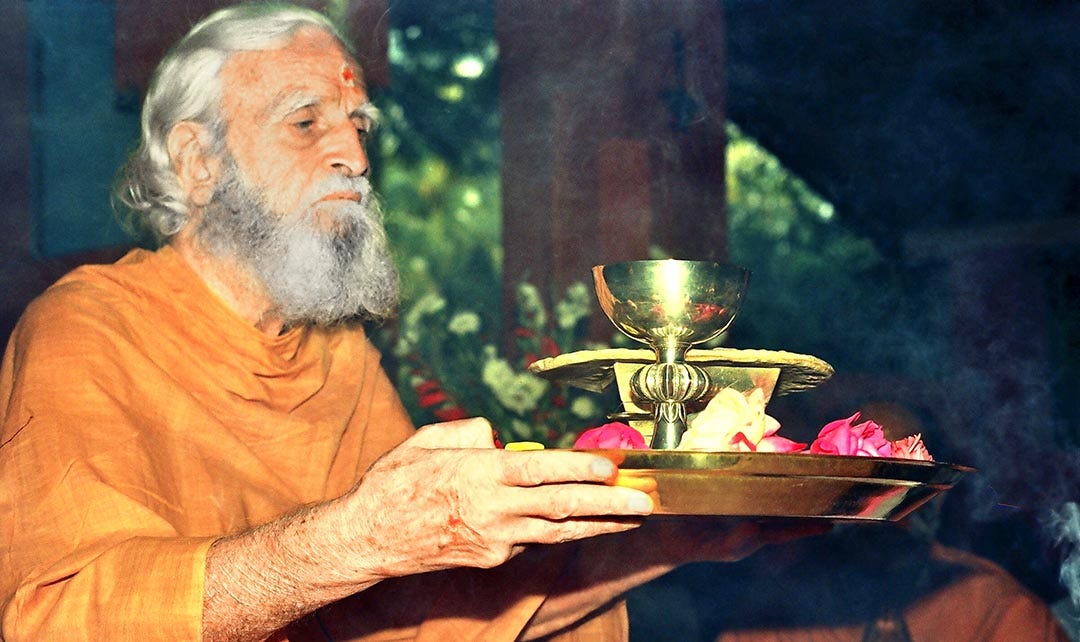Q: You wrote two pieces on your appreciation of Hinduism, here and here, some time back, and you make frequent references to Hindu texts and ideas in your writing. You also recently provided a primer of resources on Hinduism here. You’re a white, American Christian. Start here: where does the love come from?
A: So, I had a pretty strange and unregulated childhood, and two early byproducts of that are that, first, I developed an interest in comparative religion with no one to tell me not to and, second, I developed a fondness for Wes Anderson films before I was a teenager. And when I was twelve years old, in 2007, The Darjeeling Limited came out, and sort of rocked my world: I had already seen The Royal Tenenbaums, and it spoke to me on a level I wasn’t yet ready to admit to, because I didn’t have the language or the freedom yet to be honest with myself about the dysfunctional, abusive relationship I was experiencing with my father. But Darjeeling gave me a lot of processing power for thinking through my troubled relationship with my siblings (pretty much entirely our father’s fault), my rocky relationship with my mom (I had more ownership over this one, but again, my dad had a lot to do with it), my spiritual quest, and my fears of growing up. It also fascinated me with the concept of India in a way I’d never had reason to think about to that point.
Then, in high school—still living with my dad, but this was an extended stay, an unofficial boarding home, another unofficial boarding home, and a crappy apartment later—we had access to a documentary channel that periodically showed Love in India (2009). I was a teenage boy, so some of my interests in this movie were less than strictly spiritual, but some of them were more subtle: I was beginning to have not only a sexual but a legitimately romantic interest in life, and even in God, and Christianity’s native traditions for talking to me about that felt kind of distant and alienating (and still does, honestly).
I also started doing a lot of freelance interfaith exploration and work in high school. I grabbed lunch with a Hare Krishna monk, took my grandfather to visit the local Hindu Temple in St. Louis, and just generally hung out and talked shop with Indian friends (and love interests, though I never told them they were) at school. This more quotidian stuff is what gripped me about Hinduism a long time before it was anything to do with more specific forms of belonging, behavior, and belief, or texts. That all came later, in college, when I took a 300-level Hinduism course, a Yoga and Meditation course, and a grad level Buddhism seminar, all at the feet of two really first-class professors of Hinduism and Buddhism, respectively.
Keep reading with a 7-day free trial
Subscribe to A Perennial Digression to keep reading this post and get 7 days of free access to the full post archives.




